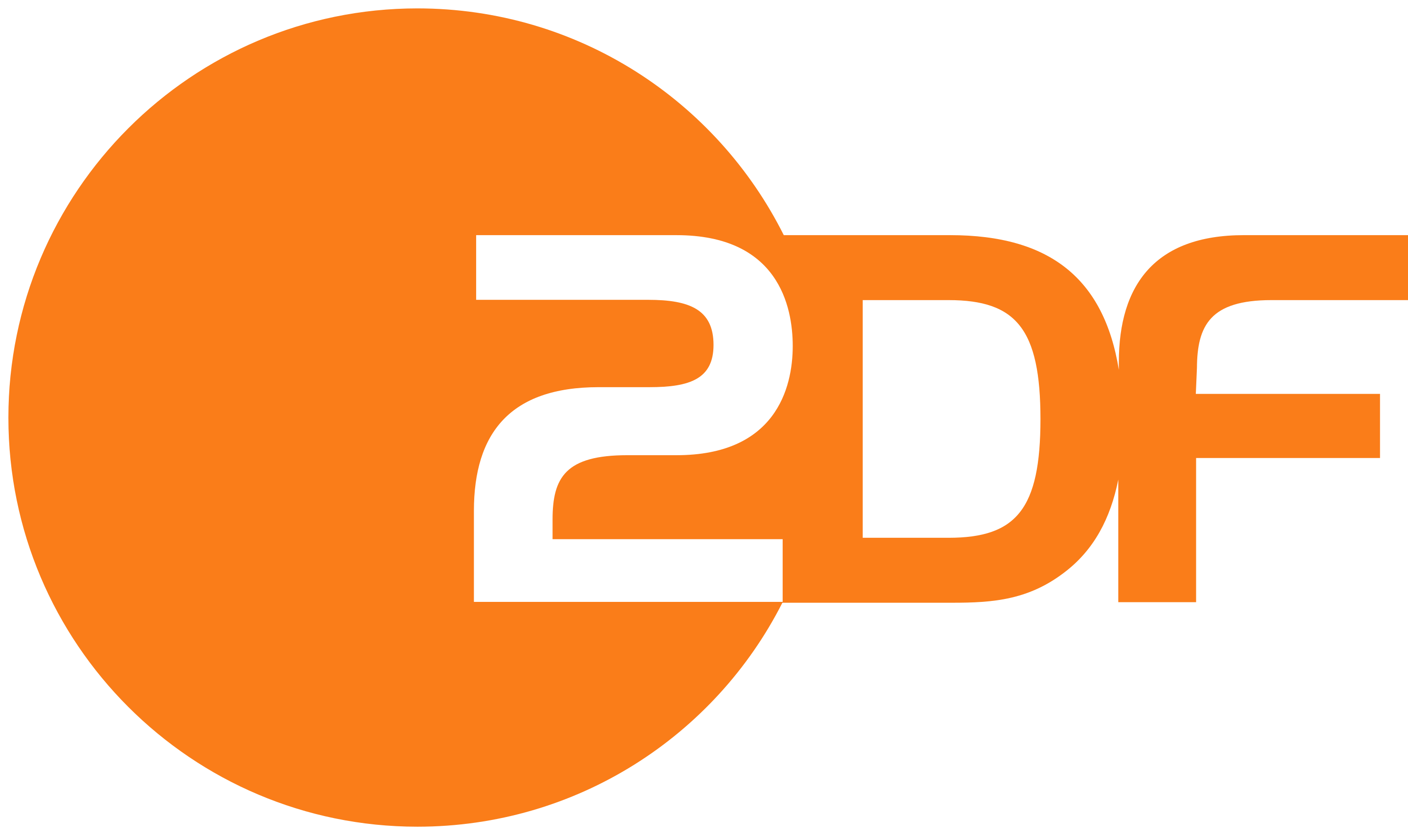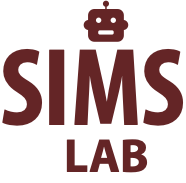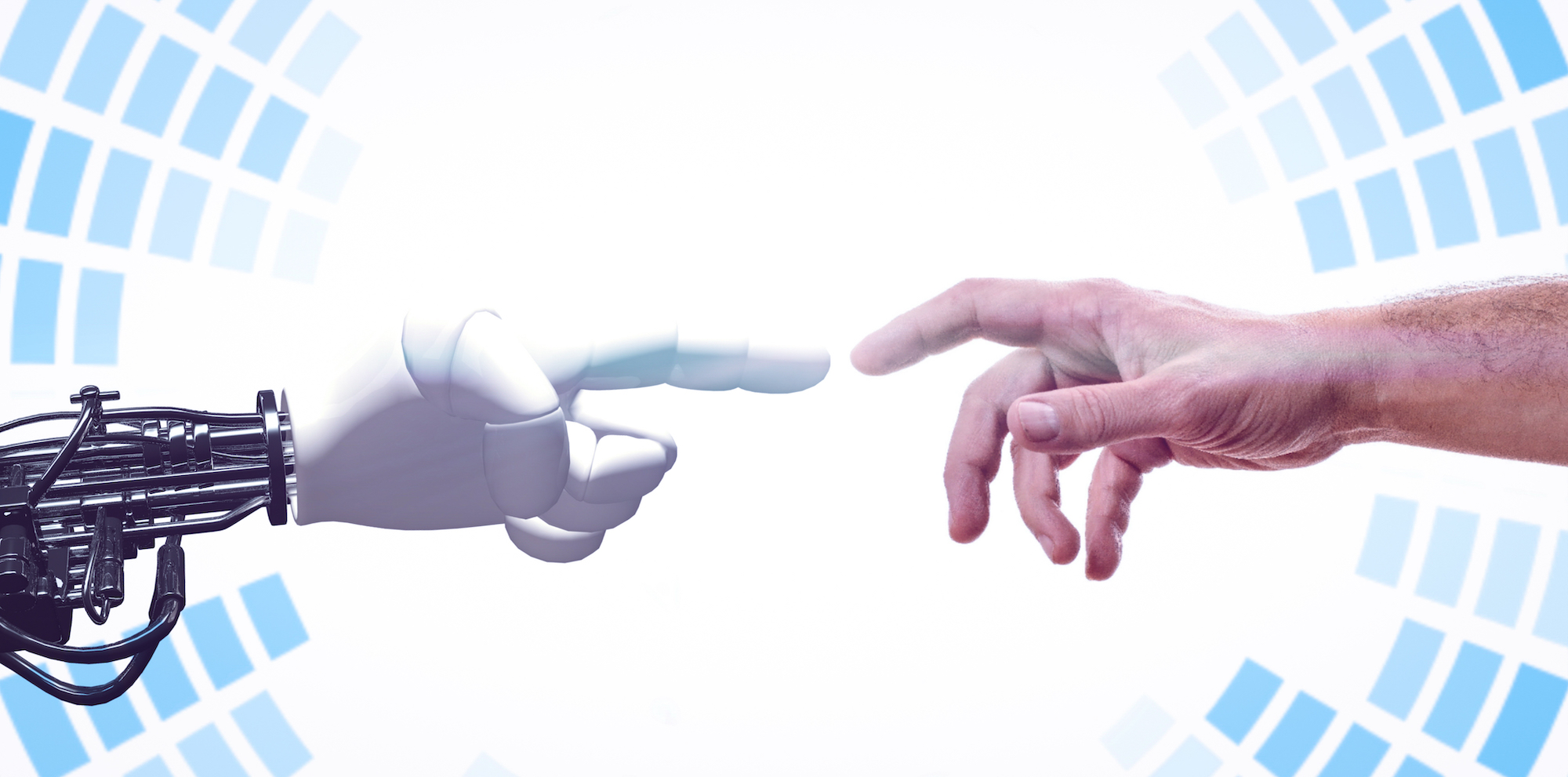Hello, World!
I’m an Assistant Professor of Computer Science at University College Dublin and an Adjunct Professor of Computer Science at the University of Massachusetts Amherst. I head the SIMS lab, the EQUATE initiative, and the website socialpolls.org. Occasionally I write for the Uncommon Good blog.
My research contributes statistical methods to understand and augment public opinion formation within our digital information society’s systems. My endeavors are geared towards ensuring that tomorrow’s AI and social media are representative, fair, explainable, and ready to interact with our open world for public good.
- To deepen our understanding of public opinion, I innovate statistical methods for extracting representative signals about the public from social media and news media.
- To augment public opinion formation, I pioneer representative social media designs facilitating political discourse and machine learning methods adhering to legal provisions, e.g., by preventing discrimination, while providing AI explanations.
Research areas: fair and explainable machine learning, data science, computational social science, social media, network science, causality, open-world learning.
News
- Our paper “Election Polls on Social Media: Prevalence, Biases, and Voter Fraud Beliefs” received Best Paper Honorable Mention 🏆 at ICWSM’25! Congratulations to our team!

- Our study “Political Biases on X before the 2025 German Federal Election” has been broadcast by ZDF (German public TV channel). I attach our Uncommon Good blog post and full research report.

- Science published our eLetter, along with an editorial and article discussing its implications. In it, we call into question a widely reported Science paper, funded by Meta, which suggested that Facebook’s news feed algorithm is effective at preventing misinformation.

- Our research on election polls on social media has been covered by various media outlets, including Tech Policy Press, El País, Fox network, and Phys.org!
- Our three submissions to the International Conference for Computational Social Science (IC2S2) have been accepted as talks! (Topics: social polls, global news coverage, and scientific promotion.)
- Out of our four submissions to ICWSM’24 (including JQD:DM), two manuscripts – about social media polls and news articles – were accepted, and two other ones received “Revise and Resubmit” decisions, which typically end in acceptance as well. Congratulations SIMS lab!!!
- I’ve been quoted in the BusinessWest article “AI Promises To Impact The Workforce In Unexpected Ways”
- I was honored to give a talk about a path towards fair and explainable automated decision-making and to participate in a panel at a Responsible AI workshop at Carnegie Mellon University. I outline our vision in these two slides.
- Our manuscript Learning from Discriminatory Training Data has been accepted to AIES’23. We define the problem of discrimination prevention in machine learning as a dataset shift and propose a solution building on our prior work “Marrying Fairness and Explainability”.
- UMass Amherst released an article quoting me and my graduate course on Responsible AI. In today’s globalized world, we need to design techno-social systems with social responsibility in mind.
- In 2022 I instructed for the first time my Responsible AI course.
- Our paper Marrying Fairness and Explainability in Supervised Learning was accepted to the FAccT’22 conference. Check out the recorded presentation.
- In 2022 we successfully organized the NLP competition SemEval-2022 Task 8: Multilingual news article similarity that attracted over 30 research teams and released the largest labeled multilingual dataset of news articles published across 124 countries.
Press coverage

- Our eLetter in Science received wide media coverage from Science, WSJ, Haaretz, and other media outlets!
- Coverage by various media outlets, including Tech Policy Press, El País, Fox network, and Phys.org of our research on election polls on social media (socialpolls.org).
- UMass Amherst, Bridging ethics and technology in a fast-changing world, 2023, umass.edu
- El Mundo, El ‘oráculo’ de los bytes, 2013, elmundo.es, pdf

- El Mundo, Los entresijos de Twitter, 2011, elmundo.es
- Extensive coverage by outlets such as WSJ and NYT of the research for the Observatory on Social Media, which used my fast dynamic network visualization algorithm, osome.iu.edu
Research labs

I am heading the SIMS (Socially Intelligent Media and Systems) lab, which includes the following PhD students:
We collaborate with MS students:

I am also a member of the KDL (Knowledge Discovery Lab), where I work with these PhD students:
Grants and prizes
Arnold O. Beckman Research Award “An Experimental Study of the Effects of Exposure to Biased Polls on Social Media”
The Campus Research Board of the University of Illinois Urbana-Champaign ($30k)
JungHwan Yang, Przemyslaw Grabowicz (co-PI)Interdisciplinary Research Grant “Political Misinformation and Disinformation Through Social Media Biases ”
Grant from UMass Amherst for 2023-2024 (funds a graduate RA)
Przemyslaw Grabowicz, Monideepa Tarafgar, Jennifer Lundquist, Anthony Paik, JungHwan Yang, Mattia SamoryInterdisciplinary Research Grant “Analyzing cross-country bias in news coverage of international conflicts and disasters”
Grant from UMass Amherst for 2023-2024 (funds a graduate RA)
Przemyslaw Grabowicz, Paul Musgrave, Brendan O’Connor, Ethan ZuckermanProject “Agendas and frames in a global pandemic: Evolution of cross-country media coverage”
Supplementary grant from Volkswagen Foundation for 2021-2022 (€120k)
Przemyslaw Grabowicz, Scott Hale, Fabian Flöck, David JurgensProject “Current Affairs 2.0: Agenda Setting in the European Union”
Grant from Volkswagen Foundation for Computational Social Science for 2017-2022 (€843k)
Przemyslaw Grabowicz, Scott Hale, Fabian Flöck, David JurgensWICI Data Challenge main prize recipients ($10k)
Real-time visualization of relevant portions of large dynamic networks, 2013
Przemyslaw Grabowicz, Luca Maria Aiello, Fil Menczer
 Image generously contributed by Mohamed Hassan.
Image generously contributed by Mohamed Hassan.
